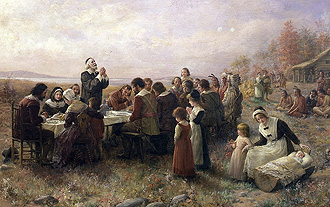 by John Stossel –
by John Stossel –
Had today’s politicians and opinion-makers been in power four centuries ago, Americans might celebrate “Starvation Day” this week, not Thanksgiving..
The Pilgrims started out with communal property rules. When they first settled at Plymouth, they were told: “Share everything, share the work, and we’ll share the harvest.”
The colony’s contract said their new settlement was to be a “common.” Everyone was to receive necessities out of the common stock. There was to be little individual property.
That wasn’t the only thing about the Plymouth Colony that sounds like it was from Karl Marx: Its labor was to be organized according to the different capabilities of the settlers. People would produce according to their abilities and consume according to their needs. That sure sounds fair. [Read more…]

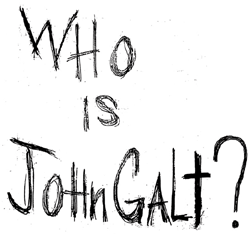 by James McAlister –
by James McAlister – by Charles Kaupke –
by Charles Kaupke –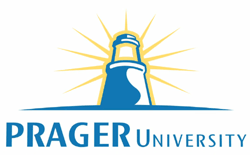 The words “happiness” and “free enterprise” don’t usually appear in the same sentence. Arthur Brooks, President of the American Enterprise Institute, explains that the two are intimately and profoundly connected. The free enterprise system not only creates real wealth, it also provides individuals with the best chance to achieve personal satisfaction.
The words “happiness” and “free enterprise” don’t usually appear in the same sentence. Arthur Brooks, President of the American Enterprise Institute, explains that the two are intimately and profoundly connected. The free enterprise system not only creates real wealth, it also provides individuals with the best chance to achieve personal satisfaction.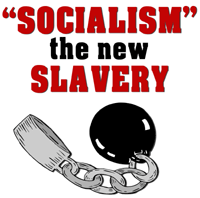 by Daren Jonescu –
by Daren Jonescu –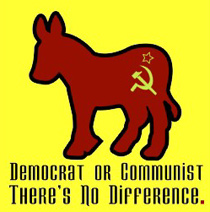 by William Sullivan –
by William Sullivan – by Rabbi Aryeh Spero –
by Rabbi Aryeh Spero –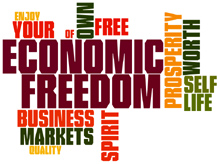 by Jay W. Richards –
by Jay W. Richards – by Aryeh Spero –
by Aryeh Spero –